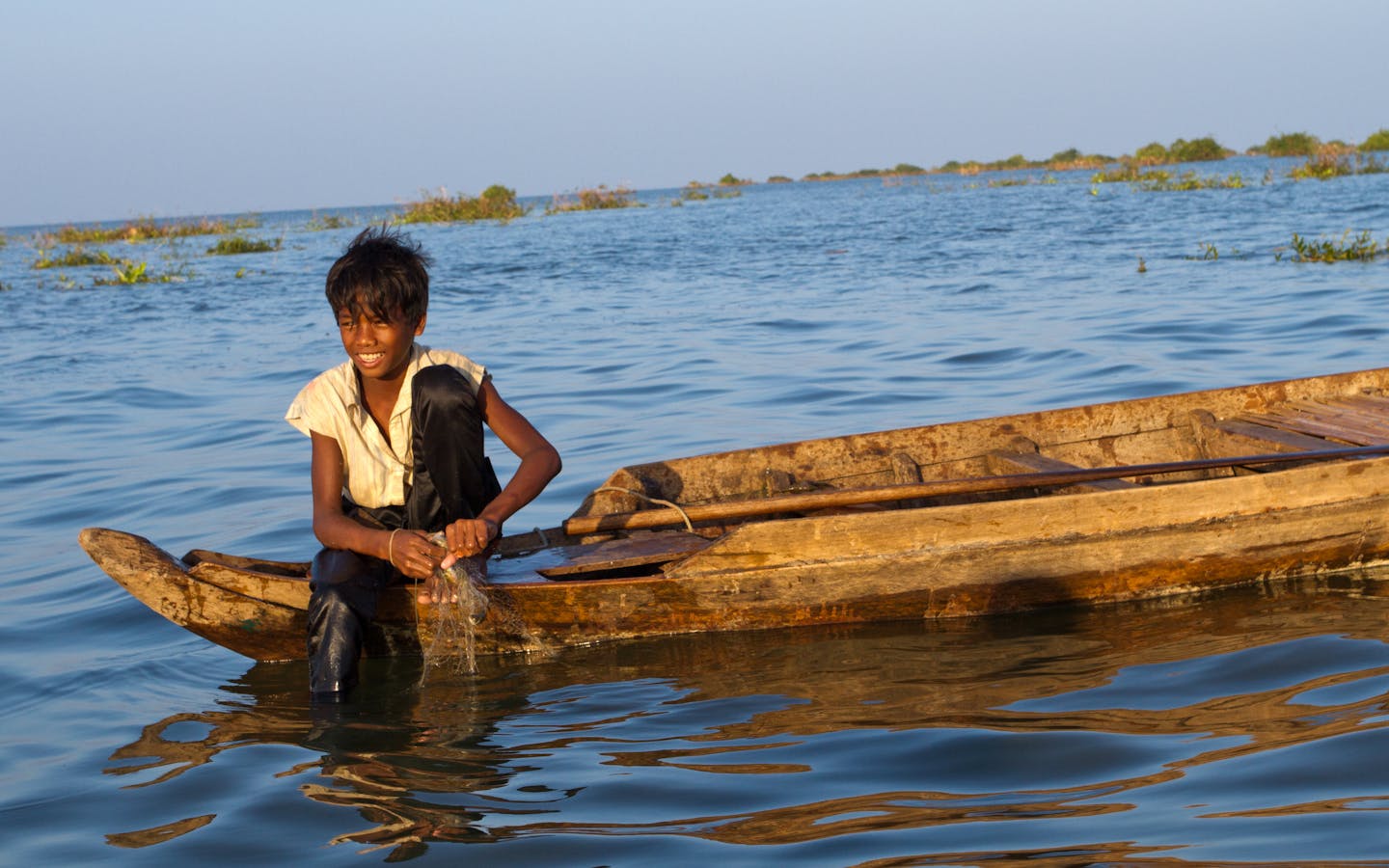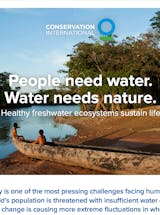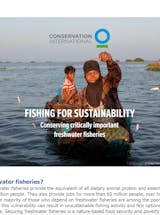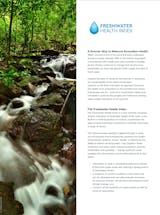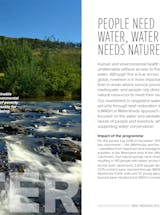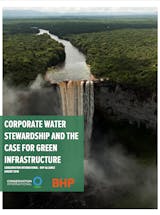The Yukon River is the busiest highway in all of Alaska — each fall, millions of salmon commute up the 3,200-kilometer (1,990-mile) waterway in search of safe places to spawn. Several months later, the river carries millions of juvenile fish downstream to the Bering Sea, where they live until they’re ready to reproduce. For millennia, Indigenous communities have relied on the river’s bounties for sustenance — but salmon are dwindling as waters begin to warm, writes Victoria Petersen for High Country News.
Historically, the Yukon has been a rich source of chum — one of the largest species of Pacific salmon — but in recent years, populations have slumped to all-time lows. In its most recent summer survey, the Alaska Department of Fish and Game expected to find between 500,000 and 1.2 million chum; instead, they found just 150,000. A decline this dramatic cannot solely be explained by an increase in commercial fishing.
The cause, scientists say, is likely climate change. Previously, researchers have found that chum adopt new behaviors when water starts to heat up. They start pursuing easy-to-catch prey — like jellyfish — rather than crustaceans, mollusks, and other fish. Nutritionally speaking, this is comparable to a human teenager exclusively eating potato chips throughout puberty. Low-calorie, nutrient-deficient meals stunt the chum’s growth, leaving it unprepared for the physical demands of adulthood.
Fishing authorities believe that chum stocks can rebound, and they have imposed a moratorium on fishing to expedite that process. This is an enormous blow to the 50 remote communities — about 2,500 households — that rely on chum for food and income. “That annual harvest is gone,” Holly Carroll, a Yukon River fishery manager for the U.S. Fish and Wildlife Service, told High Country News.
All around the world, climate change is upending wildlife migration, including in the South Pacific, where one-third of the world’s tuna catch originates.
Unlike salmon, tuna thrive in warm seas, which draws them into the territorial waters of small Pacific Island nations. Many of these countries lack resources like timber or farmland, so they rely heavily on selling commercial fishing licenses. For the average South Pacific country, 37 percent of government revenues come from tuna licenses; the industry supports some 25,000 jobs in the region.
Last year, a team of researchers led by Conservation International scientist Johann Bell found that this economic arrangement is in jeopardy. Runaway climate change threatens to push tuna populations eastward, into unregulated international waters. Such a migration would be catastrophic for fragile island economies, reducing tuna catch by 20 percent and causing net losses of US$140 million per year.
“This is a climate justice issue,” Bell said. “The 10 Pacific [island nations] have a deep economic dependence on tuna fishing but contribute little to global warming. In contrast, nations responsible for 60 percent of historical greenhouse gas emissions would benefit from the migration of tuna to the high seas.”
To help secure those economic benefits, Conservation International is leading a $120 million initiative, in partnership with the Green Climate Fund and 14 island governments. The project will help at-risk countries sustainably increase productivity in their fisheries, while also supporting international policy reforms that would minimize economic losses.
The best adaptation strategy, however, is mitigation. Bell’s research finds that if humanity can limit planetary warming to less than 1.5 degrees Celsius (2.7 degrees Fahrenheit), the tuna catch will only fall by roughly 3 percent.
“Although we need more robust modeling to reduce uncertainty in the timing and extent of tuna redistribution, we are sounding the alarm on this potential economic disaster while there is still time to avoid it,” Bell told Conservation News.
Read the full article here.
Matt Ribel is the executive writer at Conservation International. Want to read more stories like this? Sign up for email updates here. Donate to Conservation International here.
Cover image: Kongakut River, Alaska (© Art Wolfe/www.artwolfe.com)
